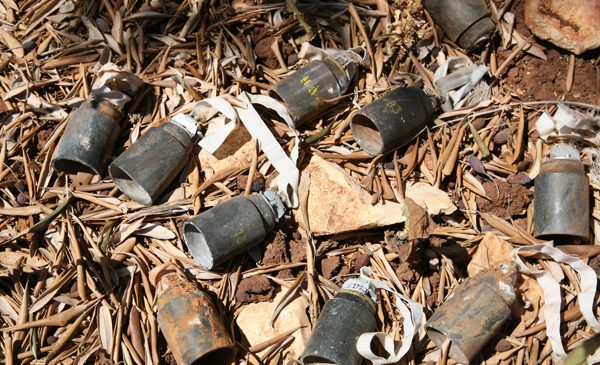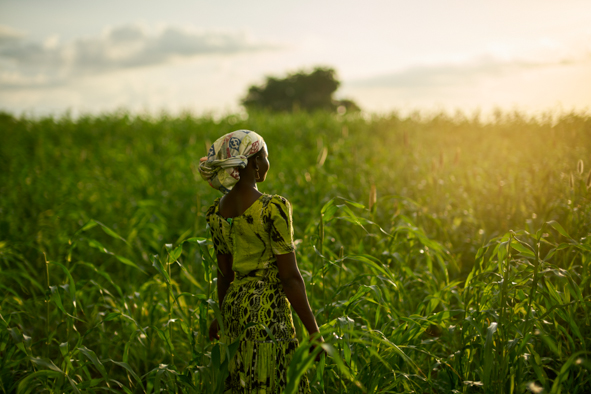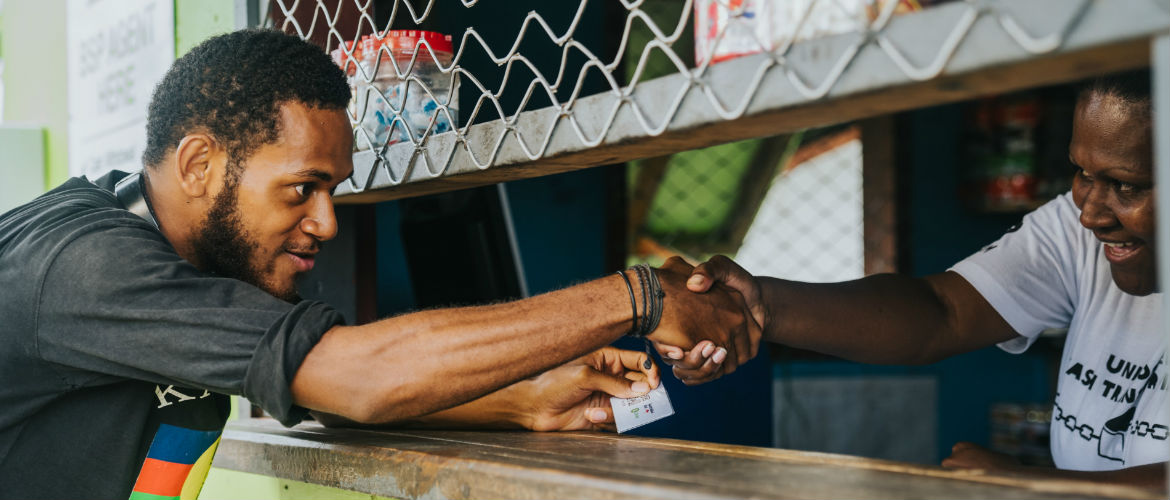In 2008, Australia signed the Convention on Cluster Munitions. This important international treaty bans cluster bombs, an indiscriminate class of weapon known to cause significant and long-lasting civilian harm, particularly to children.
In order to ratify the treaty, Australia must pass legislation to implement the treaty’s obligations in our domestic law. However, the proposed legislation, scheduled to be debated in the Senate this week, contains serious flaws which undermine the whole purpose of the treaty and must be amended. Even the International Red Cross has said in a submission to Government that this Bill “would have the unfortunate consequences of effectively permitting activities that could undermine the objectives of the Convention and contribute to the continued use of cluster munitions.”
Oxfam joins with the Cluster Munition Coalition in calling for amendments to this Bill to remove the unacceptable loopholes which allow foreign forces to stockpile their cluster bombs on our soil and transit them through our ports and airspace, as well as allow Australian troops to actively and directly assist in the use of cluster bombs by non-state party allies like the USA.
The Cluster Munitions treaty contains a clause which allows state parties to continue cooperating in military alliance with countries not party to the treaty. This clause protects troops of state parties if they are inadvertently involved in cluster bomb use during these joint operations. This is necessary and sensible, particularly for Australia, given that our major ally the USA has no intention of joining the ban on cluster bombs.
The problem with the government’s proposed legislation is that it goes much further than is necessary to maintain our military alliances. The legislation allows Australian troops to directly and actively assist in the use of cluster bombs. It also explicitly allows non-state parties to stockpile cluster bombs on Australian soil and permits them to transit cluster bombs through Australian ports and airspace. No other ratifying country has provided such a blanket exemption.
These exemptions are unnecessary at best and add little or nothing to our national security. At worst, they run directly counter to the treaty’s intent by setting a precedent which explicitly facilitates the ongoing use of cluster bombs.
The goal of the Convention on Cluster Munitions is clear. It aims to eradicate cluster bombs and put an end to the suffering they cause for all time. It is therefore imperative that Parliament amends the draft legislation to reflect and fulfil that aim.
Oxfam has joined with many other organisations and individuals to sign this open letter to the Government.


 Doris*, daughter, 5; Pamila*, 2. Christina grows maize and she was shown how to make compost as part of the CRAFS (Climate Resilient Agriculture and Food Systems) programme.
Doris*, daughter, 5; Pamila*, 2. Christina grows maize and she was shown how to make compost as part of the CRAFS (Climate Resilient Agriculture and Food Systems) programme.
